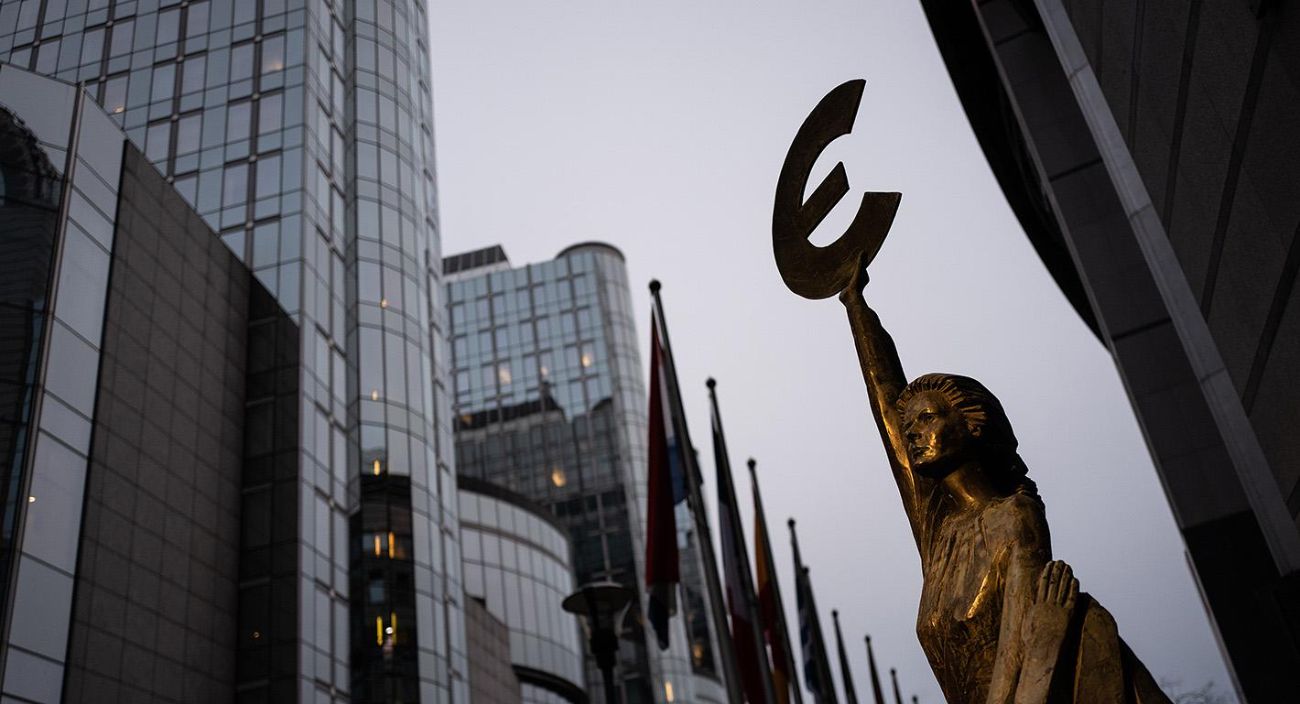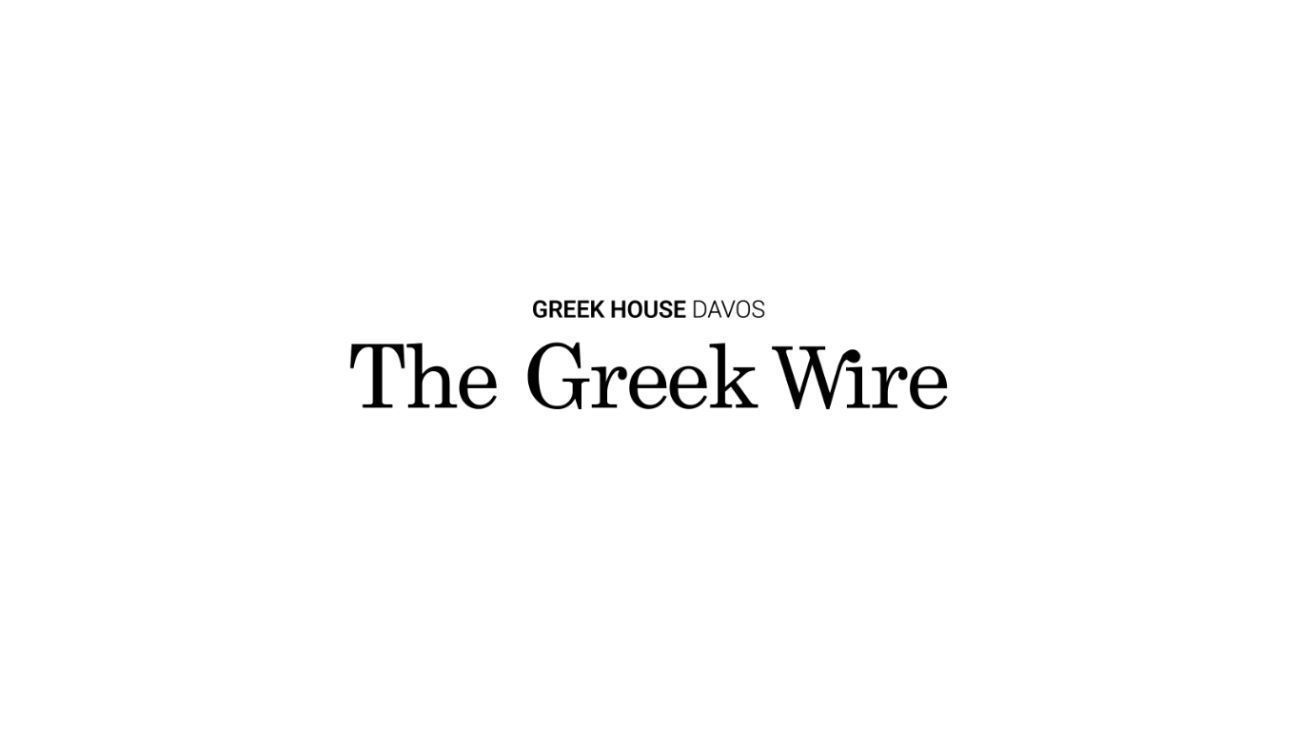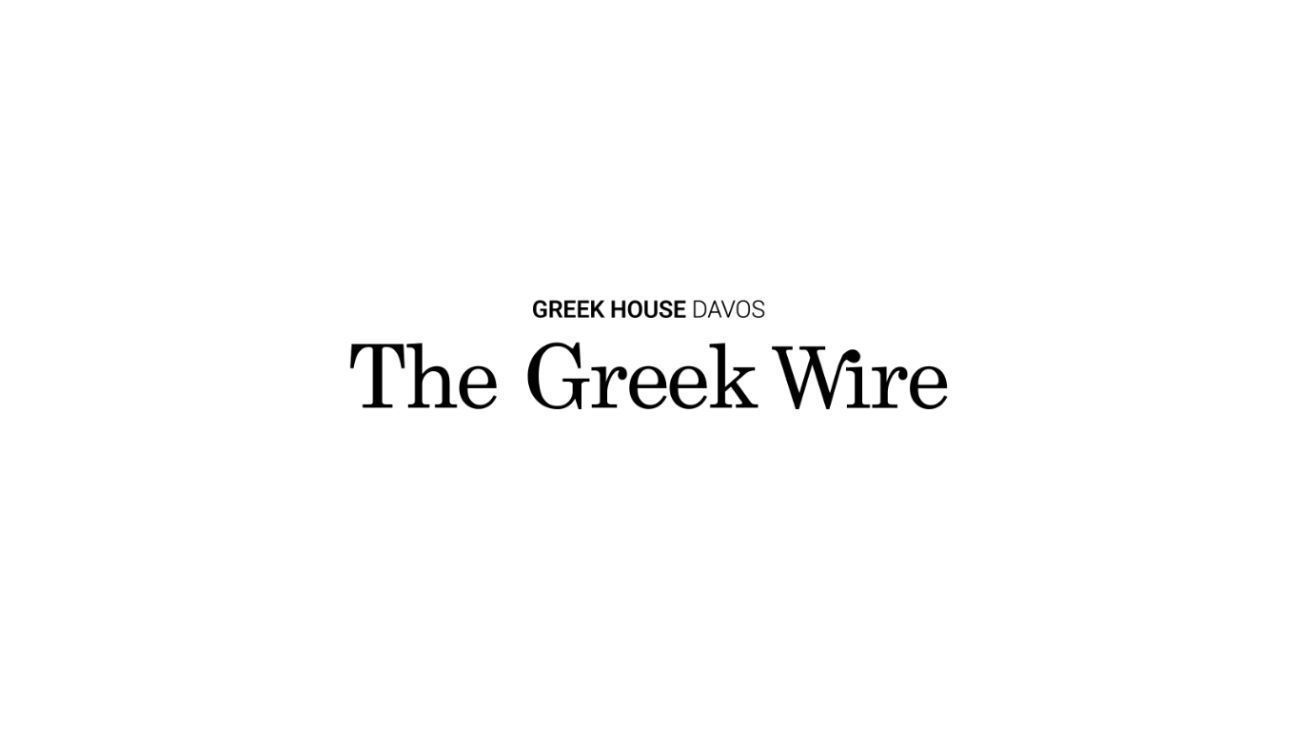19 Apr 2021
Against a European Civilization: Narratives About the European Union

There is more than one narrative about the European Union. There are—among others—that of a benign force bringing peace and prosperity to the war-devastated continent, that of a promoter of unfettered neoliberalism and austerity, and that of a protector of the nation-state en route toward building a European federation. These days much rhetoric about it also embraces its presumed civilizational character.
France’s President Emmanuel Macron has been the most rhetorical and prolific among European leaders exhorting a renewal of the European project. In 2019, he said: “We know that civilizations are disappearing. . . . Europe will disappear with the obliteration of this Western period, and the world will be centered around two main focal points: the United States and China.” For this reason, he went on, “we must rebuild . . . a collective narrative and a collective imagination. That is why I believe very deeply that this . . . must be undertaken as a project of European civilization.”
Macron is not alone in his preoccupations about the solidity of the EU, as public support for it decreases when Brussels does not deliver the best mix of policies. In some ways his civilizational worldview is now reflected at the EU institutional level. For example, today the portfolio of the European commissioner in charge, among other things, of migration and asylum, is titled “Promoting our European Way of Life.” The English choice of words may be more humble than the French civilisation, but it refers to a similar universe of ideas that there is something specifically European that underpins the European Union.
In policy circles, the phrases “European sovereignty” and “strategic autonomy” are on the lips of decisionmakers, politicians, and observers across Europe. This language is connected with the rhetoric on the EU’s identity: European sovereignty is the political embodiment of the “European civilization”; strategic autonomy is the policy outcome. While not engaging in civilizational debates, the High Representative for Foreign Affairs and Security Policy Josep Borrell recognizes that “We live in a permanent ‘battle of narratives’ about the issues that determine our future.”
These brandings reflect political efforts to shore up a European identity that would give solidity to the EU at times of skepticism about the integration project. This has sparked a debate about what it really means to be pro-European—which really means pro-EU, as the two terms tend to be used interchangeably. Hans Kundnani recently criticized pro-Europeans for “a Eurocentric tendency to mistake Europe for the world” and highlighted the risk of European-ness becoming equated with whiteness. The ensuing discussion on the nature of European identity showed just how diverse the understandings of it can be.
continue reading: carnagieeurope.eu








